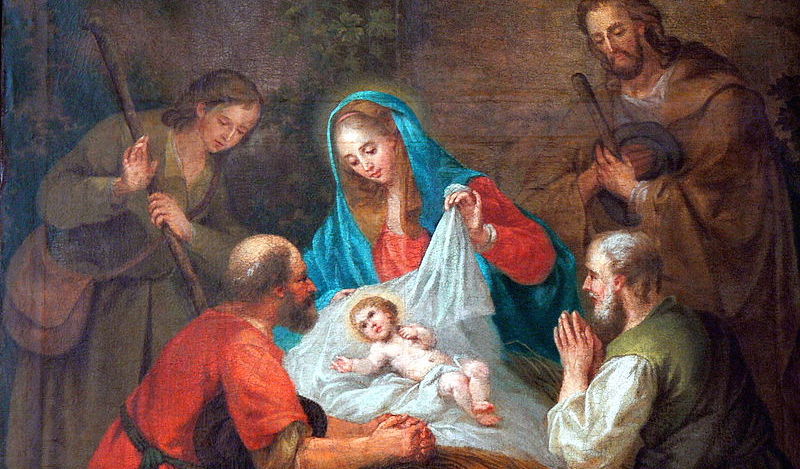JUSTIN WAINSCOTT: Most Christian traditions sing the psalms, and most Baptists did too up until the last century.
EBC Manifesto, Article X: Creation and Redemption
Loving Wisdom Like the Early Church
What Can We Learn from the Ancient Church?
The Importance of Confession of Sin in Corporate Worship
The Great Tradition and the New Normal
Defenses of the Creeds in an Alabama Paper
Integrating Patristic Voices In the Local Church
EBC Manifesto, Article IX: Means of Grace
MATTHEW Y. EMERSON AND R. LUCAS STAMPS: We affirm the two ordinances or sacraments instituted by Christ, baptism and the Lord’s Supper, and believe that they function as signs and seals of God’s grace, expressions of individual faith, and bonds of the church’s covenantal unity in Christ. As such, these ordinances are not empty signs or mere symbols but tangibly demonstrate our union with the risen Christ and with his body, the church. Other Christian practices, such as confession of sin, confirmation in the faith, the ordination of church officers, Christian marriage, and the prayerful anointing of the sick may also frame a life of Christian faithfulness, but should not be considered sacraments.
Christ's Descent to the Dead: Four Myths
What Baptism and the Lord's Supper Teach Us about Redemption and Art
EBC Manifesto, Article VIII: Historic Worship
MATTHEW Y. EMERSON AND R. LUCAS STAMPS: We believe that Baptist worship should be anchored in Holy Scripture and informed by the liturgical practices of the historic church. We believe that Christian worship should be Word-centered. In worship, we read, preach, sing, pray, and show forth (through the ordinances) the Word of God. We further believe that Baptist worship could benefit from incorporating historic practices such as lectionary readings, the liturgical calendar, corporate confession of sin, the assurance of pardon, the recitation of scriptural and historic prayers (especially the Lord’s Prayer), and the corporate confession of the faith (expressed in the ecumenical creeds and other confessional documents).
On Objections to the Church Calendar
EBC Manifesto, Article VII: The Consensual Tradition
MATTHEW Y. EMERSON AND R. LUCAS STAMPS: We encourage the ongoing affirmation, confession, and catechetical use of the three ecumenical creeds and the scriptural insights of the seven ecumenical councils. We believe these confessional documents express well what Thomas Oden called the “consensual tradition”—the deposit of faith taught in Holy Scripture and received by the church throughout space and time.


























